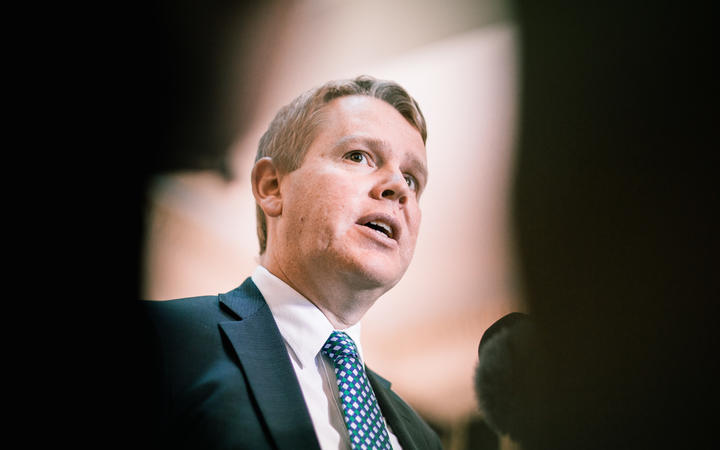
“While work was already under way on a potential wealth tax and CGT as part of a tax switch in the Budget, I ultimately made the call not to proceed with it. We simply didn’t have a mandate to implement those tax changes,” Hipkins said.
“Instead we have moved to address inequity in our tax system by increasing the top trust tax rate to match the 39 per cent top income tax rate. This will help prevent trusts being used as a tax shelter and ensures the ultra wealthy pay their fair share. It also aligns with the increase to the top tax rate we implemented at the start of the term.”
Budget documents revealed that from August 2022, ministers received hundreds of pages of briefings on tax plans. The first was a windfall tax on profits in 2022, but this idea did not progress. A tax on banks was also considered.
Eventually, in 2023, the Government seized on the idea of a “tax switch”, slapping on a wealth tax of up to $10.6 billion over the four-year forecast period in order to fund income tax cuts. The wealth tax would have levied a 1.5 per cent tax on wealth over $5 million.
These income tax cuts would have been delivered by a tax-free threshold, which would have meant people paying no tax on the first $7000 to $10,000 of their income. Unlike National’s tax plan, it would have meant people on lower incomes usually getting the same level of tax cut as people on higher incomes.
Treasury estimates reckoned the wealth tax would have hit about 25,000 people - the top 0.5 per cent of New Zealanders.
Treasury estimated their total wealth was $300b, or 26 per cent of the total wealth held by New Zealanders.
Treasury warned there was “high uncertainty” in those numbers.
Three tax packages were explored, each with a combination of these policies. These were being explored as late as April 4 2023, but appear to have been killed that week before the Budget went to Cabinet on April 11.
Hipkins drew a line in the sand, confirming he would rule out either tax under his leadership.
“I’m confirming today that under a Government I lead there will be no wealth or capital gains tax after the election. End of story,” Hipkins said.
The rule-out comes as Budget documents released today are expected to show Labour considered new taxes this term.
National’s finance spokeswoman Nicola Willis has repeatedly pressed Finance Minister Grant Robertson to front up with details of the tax.
On TVNZ’s Q+A and later in Question Time, Willis alluded to knowledge of a tax policy taken to Cabinet, but not implemented.
Over multiple questions, Willis pressed Robertson to divulge details of the tax.
Last month, Willis asked Robertson in the House: “What advice, if any, has he had about the impact a new asset tax, such as, for example, a wealth tax, would have on the New Zealand economy, particularly in light of economic recession and the cost-of-living crisis?”
Robertson responded, saying, “the Government, as all Governments do, seeks and receives a range of policy advice on New Zealand’s current tax settings”, and pointing to the largely unimplemented proposals of the Tax Working Group from Labour’s first term.
Willis’ questions suggested Robertson and Labour might have been using Treasury and IRD officials to work up a tax idea, using taxpayer-funded government resources. That tax would not be implemented by this Government but taken to the election as Labour party tax policy - breaking the wall between public officials and their work for the Government, and party staff and their campaigning work for the party.
Robertson said he “reject[ed] the connection” Willis was making in her question.











